CONTINUE READING...
G.I.T. Protein leak Study is for detection and localization of protein leakage from the blood stream into the intestine.The site of active protein leak is identified by leak of 99mTc-labeled HSA within the bowel lumen. Chronic protein leak bleed can be by intestinal lymphangectasia.
❰❰ PATIENTS INSTRUCTIONS
| • This procedure requires an injection of a radioactive material. | |
| • If there is a possibility that you are pregnant, please inform the Nuclear Medicine staff. | |
| • If you are breast-feeding, please inform the Nuclear Medicine staff. | |
| • 24 hours before the test STOP* the following medication: | |
| o Aspirin. | |
| * Check with your referral doctor if you can stop taking these medication and use alternative ones. | |
| • Do not stop other medications. | |
| • Full fast (no food and water) is required for this procedure: | |
| o Adults: 4 hours. | |
| o Pediatric: 3 hours. | |
| • For 6 hours after the injection: Drink plenty of water and empty your bladder frequently. | |
❰❰ RADIATION SAFETY
Nuclear medicine diagnostic procedures are safe except for pregnant ladies, unless it is requested by the physician for exceptional cases. However, the procedure better to be discussed with the doctor to know the desired benefits of the test and the alternative procedures, or you can ask the the nuclear medicine specialist about the procedure.
No, you shouldn’t because nuclear medicine scans use high-energy radioisotopes, the radiation passes directly from the other person without interacting with tissues. In contrast, wearing a lead apron slows down the radiation beam, which allows it to deposit its energy in the body and interact with tissues.
The risks from diagnostic doses are usually small compared to other lifetime risks to which the patient is exposed to and the amount of radiation dose in most diagnostic procedures is less than an x-ray, CT scan, or fluoroscopy.
When the body is exposed to radiation, tissue damage may occur, which in turn may damage DNA or chromosomes, increasing the risk of genetic mutations. When a fetus is exposed to radiation doses, it may cause abnormalities in an organ or irreparable damage and if the radiation dose is too high, it may cause the death of the fetus.
The radioactive dose used in diagnostic procedures in nuclear medicine is very low, unlike radiation treatments in which the amount of radioactive dose is high and this gives the desired effect on the tissues or organs when radiotherapy. That is why the patient must undergo a pregnancy test in the event of suspicion or if the pregnancy is uncertain before starting the therapeutic doses.
In diagnostic procedures the radioactivity is very low. However, the patient may be asked to maintain a distance of approximately one meter between him and his family members for a period of time given by the nuclear medicine specialist to protect them from exposure to radiation.
One the other hand, in therapeutic procedures, the patients may present some slight risk to their family members if they do not follow the INSTRUCTIONS ON RADIATION SAFETY given to them by the nuclear medicine specialist.
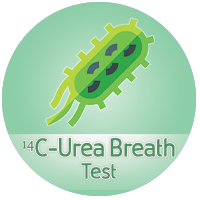
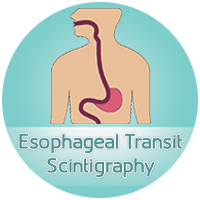
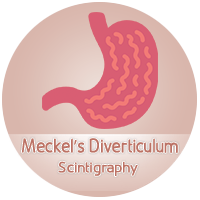
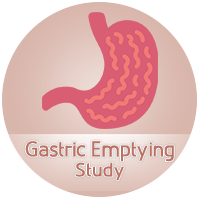
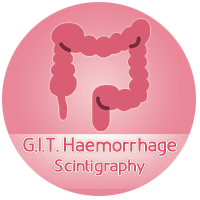
Leave a Reply